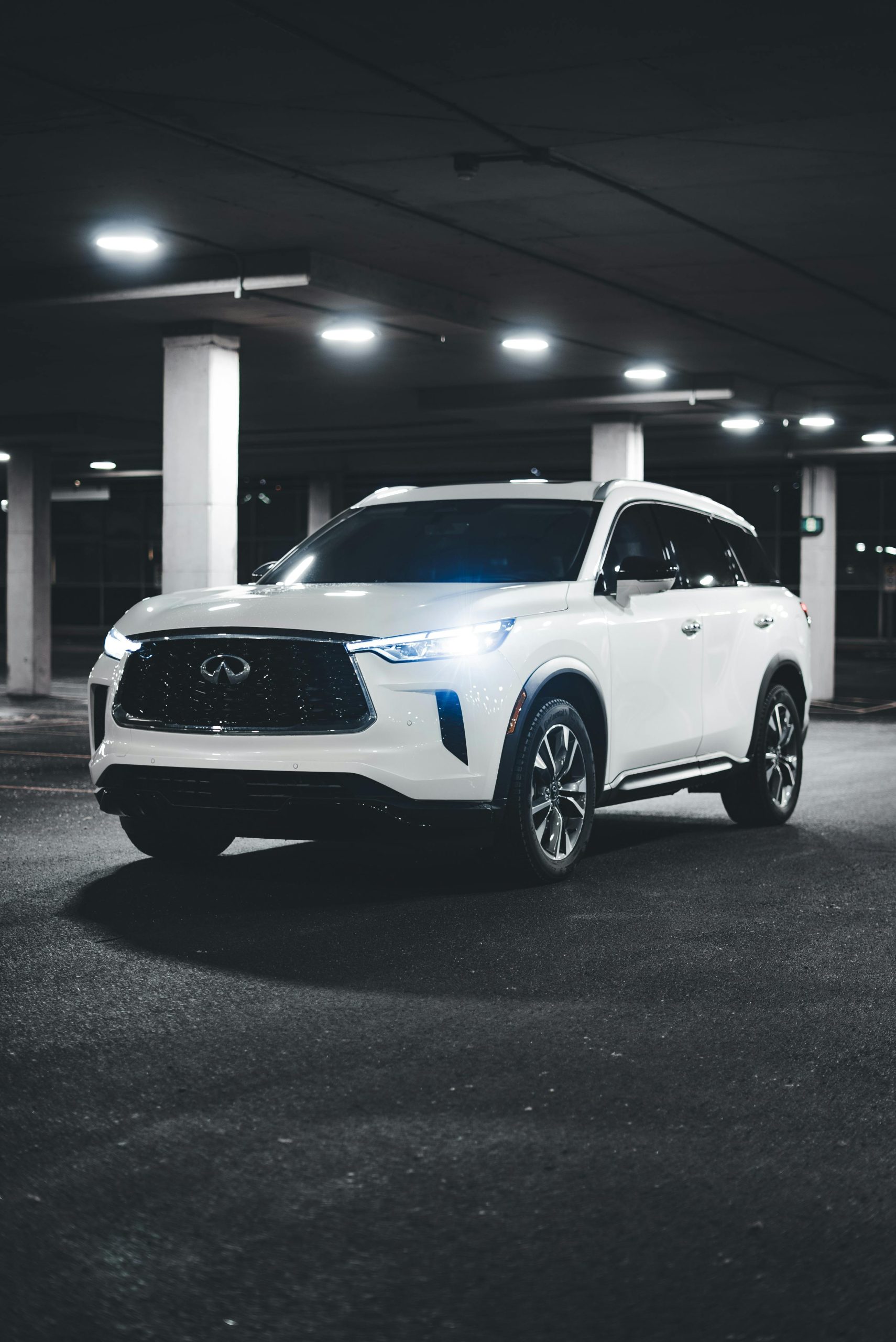Legal Options for Driving a Family Member’s Uninsured Vehicle in California
Navigating the complexities of driving a family member’s vehicle that isn’t insured can be challenging, especially when dealing with registration and ownership issues across states. If you find yourself in a situation where you need to operate an uninsured vehicle legally, understanding your options is essential.
Scenario Overview
Imagine residing in California, with a parent (for whom you hold legal power of attorney) whose vehicle is registered in Colorado but remains uninsured. You don’t possess the vehicle’s title, and obtaining a replacement from the Colorado DMV is a slow process. Meanwhile, you occasionally need to move the car without resorting to towing services. You’re exploring legal avenues to do this without risking violations or penalties.
Key Challenges
- The vehicle is registered out of state (Colorado) and is currently uninsured.
- No current proof of ownership (title) available.
- Your current insurance provider (e.g., Geico) indicates their non-owner policy doesn’t cover this specific situation.
- Some insurers, like Kemper, restrict non-owner policies to individuals who do not own a vehicle, which complicates coverage further.
Potential Solutions
- Obtain a Non-Owner Auto Insurance Policy
Non-owner policies can sometimes provide coverage for when you drive vehicles that aren’t owned by you. However, their applicability is limited, especially if you own a vehicle or are specifically excluded by your insurer. You should verify with multiple insurers whether such a policy can provide coverage for driving a family member’s uninsured car, especially in this unique situation.
- Temporary Permits or Transit Tags
Since the vehicle is registered in Colorado, you might consider applying for a temporary permit or transit tag from the Colorado DMV. These permits often allow legal movement of the vehicle within specific regions and for a limited period, which might be suitable for moving the car while awaiting the title. Be sure to check the specific requirements and restrictions for Colorado.
- Power of Attorney and Legal Documentation
Although you hold legal power of attorney, this does not typically grant permission to drive uninsured vehicles without proper coverage. Still, having documentation that explicitly states your authority and purpose may support your case when seeking temporary transportation options from local authorities or DMV.
- Consult Local Authorities
Contact the California DMV and local law enforcement to clarify your options. They can advise on whether you can operate the vehicle legally under specific circumstances, such as via a temporary permit or



